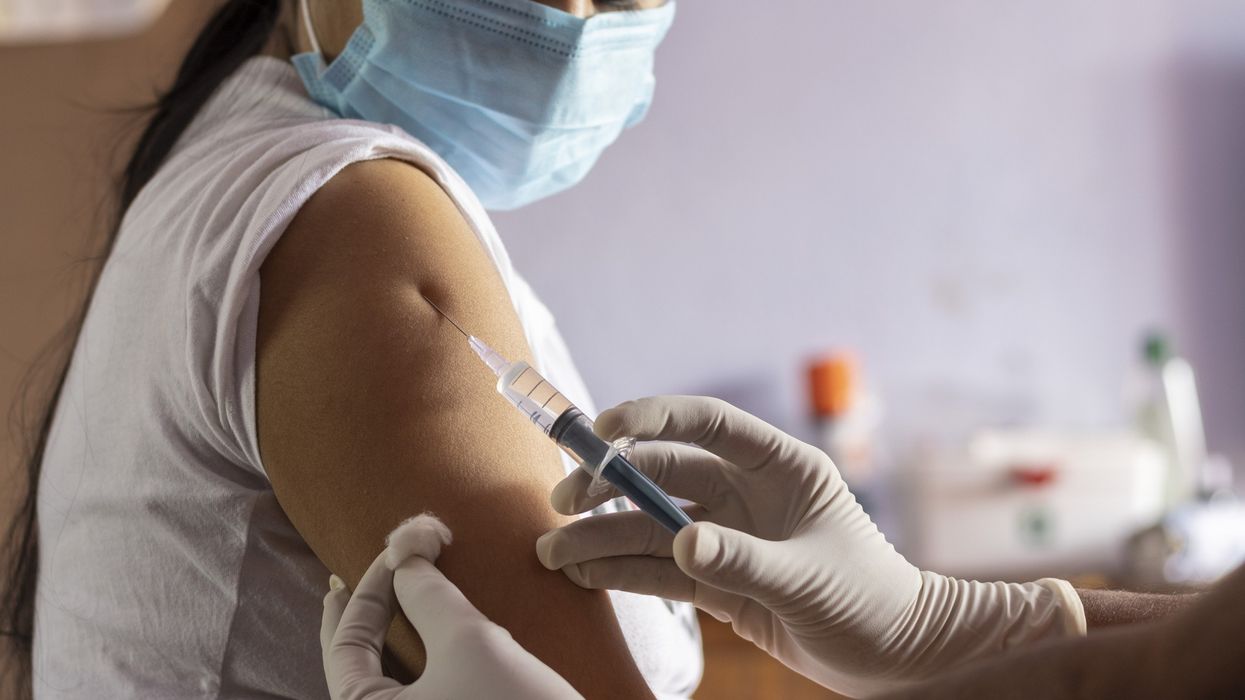NPA submitted its evidence to the Covid-19 Inquiry and highlighted the vital role community pharmacies played during the pandemic
The National Pharmacy Association (NPA) views the COVID vaccination programme as broadly successful, largely due to the efforts of healthcare workers and volunteers.
However, it cited some areas that could be improved, notably the early involvement of community pharmacies in planning, operational challenges, and recognising the role of community pharmacy in addressing vaccine hesitancy and inequalities.
Submitting its evidence to the Covid-19 Inquiry, the NPA highlighted that the community pharmacy should have been consulted and involved earlier in the planning process, considering their two years of experience and expertise in administering annual influenza vaccination programs and the reach and resources of the 14,000 community pharmacies across the UK.
“Instead, community pharmacy was initially given a gap in service role, which failed to fully utilize their experience, expertise and resource,” Lawyer Brian Stanton told the Inquiry on behalf of the NPA during the Module 4 Preliminary Hearing on 22 May.
“In England, the arbitrary and unnecessary early requirements of having the capacity to deliver 1000 vacuum vaccinations per week, and to open 12 hours a day seven days a week prevented many community pharmacists who desperately wanted to help from participating because they didn't have the physical space or personnel to deliver this number, and to remain open for the hours required,” he continued.
On operational challenges during COVID vaccination programme, the NPA noted that the biggest problem encountered was the disjointed booking systems, where pharmacies and vaccination centers were required to use one system while GPs had to use a separate one.
This resulted in large numbers of double bookings, appointment failures, and vaccine wastage.
“There were also operational problems with the provision of PPE, high levels of unnecessary administration, and poor communications,” Stanton told the Inquiry.
Furthermore, the NPA noted that the significance of vaccine hesitancy and inequalities was not recognised early on, and neither was the positive role that community pharmacies could play in addressing these issues.
Sector’s role in overcoming COVID-19
Nevertheless, the NPA acknowledged that lessons were learned as the programme progressed.
“From just six pharmacy-led participants in January 2021, community Pharmacy was able to increase its contribution to 500 pharmacies by June 2021. By 2023, almost half of vaccinations were being administered by community pharmacy,” Stanton said.
Stanton also informed the Inquiry that community pharmacies are currently closing at a rate of 10 per week due to financial pressures. He emphasised that maintaining the community pharmacy network will be crucial to ensure “a permanent and accessible resource” for the delivery of future vaccination programmes.
Paul Rees, Chief Executive of the NPA, said that as the only organisation representing community pharmacies to be designated as a core participant in the Covid inquiry, they will ensure that the sector’s heroic role in overcoming COVID-19 is officially recognised and the lessons from that experience are learned.
“Pharmacies played a crucial role getting vaccines into millions of people’s arms, just as they do protecting people against flu each year,” he noted and stressed the need for funding community pharmacy adequately to protect against the future pandemics.
“If we are to protect ourselves from the future pandemic that medical experts say is an inevitability, we need a properly funded, thriving community pharmacy network that stands ready every day to swing into action, just as we did during the covid pandemic.
“The pharmacy network is a cost-effective network that is ‘always on’ – ready to step in and support public health challenges, whatever they may be,” he added.
The NPA also suggested that the inquiry should consider the impact of the pandemic on healthcare workers within module four.
Stanton told the Inquiry: “Healthcare workers who are working in a system already stretched to breaking point provided crucial vaccination services on top of existing commitments, many working almost continuously with little sleep or time to spend with their families. This is not a sustainable model for the delivery of future vaccination services.”
During the course of the hearing, Hugo Keith KC, Counsel to the Inquiry, noted that the NPA had “provided a very helpful and thorough statement which covers the position in each of the [UK’s] four nations”, and indicated that the Inquiry is seeking information about community pharmacy from UK governments and NHS leaders, including Chief Pharmaceutical Officers.
The UK Covid-19 Inquiry began on 28 June 2022 to examine the UK’s response to and impact of the Covid-19 pandemic, and learn lessons for the future.
Chaired by Baroness Heather Hallett, the independent public inquiry is divided into Modules. Each Module involves a series of corresponding hearings where evidence is gathered from witnesses, experts, and Core Participants.
The NPA has been designated as a core participant in Module 4 (vaccines and therapeutics) and Module 3 (impact on healthcare systems) of the Inquiry proceedings.













